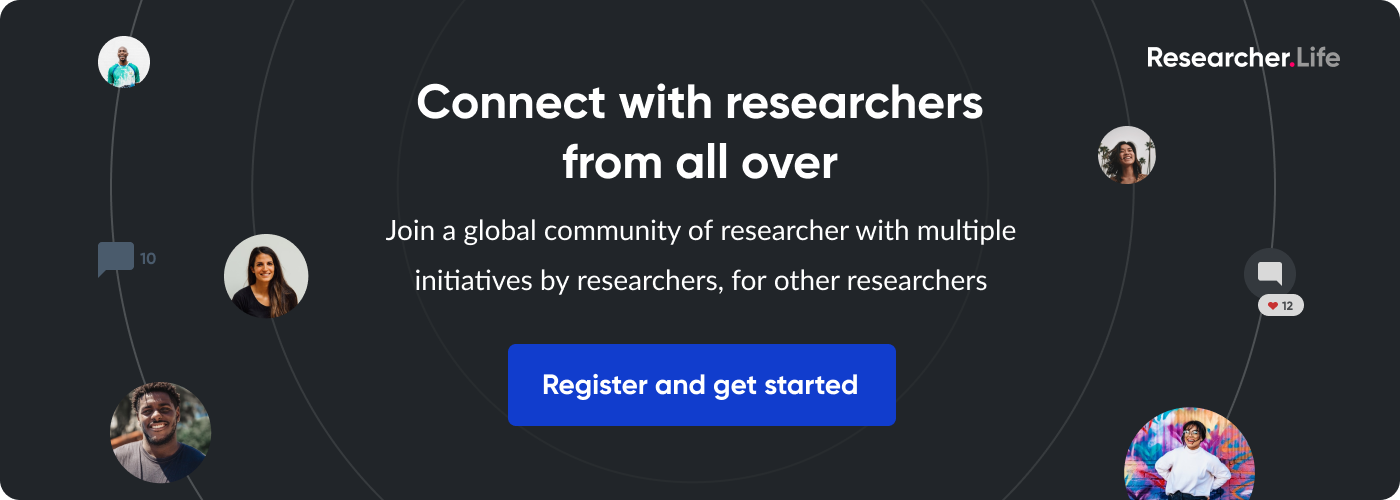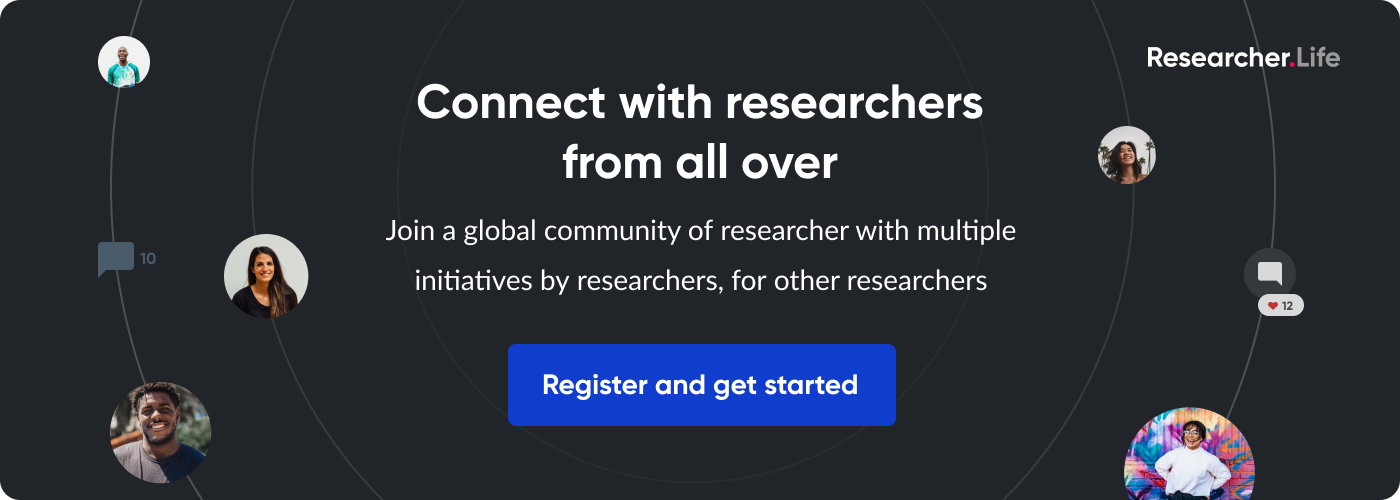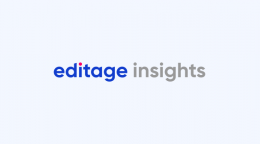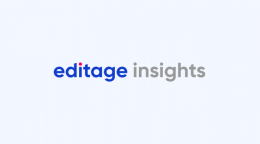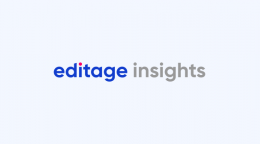Opening access for all: How publishers are leading the way in advancing DEI in Open Access

The current state of Diversity, Equity, and Inclusion (DEI) in open access scholarly publishing reflects a growing awareness of the longstanding issues related to the inclusivity of the scholarly publishing ecosystem and the equitable representation of marginalized groups within it. In recent years, there has been an increasing recognition of the need to address these imbalances and promote a more inclusive approach that encompasses a broader range of voices and perspectives. This shift is crucial to fostering a more equitable publishing environment that recognizes and values diverse contributions from around the world.
DEI is more than just having a diverse pool of authors or ensuring equitable access to publications and publishing opportunities. It fundamentally involves amplifying marginalized voices and ensuring their influence when policies are designed. For meaningful change to occur, publishers must dedicate time to understanding the obstacles faced by these communities and establish systems that integrate their perspectives at all stages of the publication process. During a session at the 43rd Society for Scholarly Publishing (SSP) Annual Meeting, Georgie Field from PLOS emphasized that while there is much progress to be made, enabling each individual to engage in the conversation is a vital initial step.
Let’s look at how some publishers address disparities and promote a more inclusive open access publishing landscape and research ecosystem.
1. Understanding the financial constraints of authors from under-resourced regions and providing support
While open access significantly enhances the availability of published research for a global audience, the process of publication of these works still incurs significant costs. There are different publishing models that address how these costs are distributed among authors and institutions, with Article Processing Charges (APCs) being one prominent approach. However, APCs can pose substantial challenges for many authors, particularly for those lacking sufficient research funding, creating barriers in the publishing landscape.
Electronic Information for Libraries (EIFL) helps libraries in emerging regions access scholarly content at reduced rates. Through an agreement with EIFL, Taylor & Francis enables researchers in these countries to publish open access in over 100 journals at a discount price or for free. While an initiative offers authors from over 70 low-income or lower-middle-income countries to publish primary research in Nature or Nature research journals as gold open access for free.
In many instances publishers are working with institutions including academic libraries to innovate on new publishing strategies that promote open access and simultaneously alleviate the financial strain on underfunded authors. The Open Library of Humanities, a prominent open access publisher in the humanities field, does not charge any article processing charges (APCs), by collaborating with libraries across the globe to cover publishing costs.
2. Promoting diversity among editorial staff
A diverse editorial board is closely associated with a wider range of research and viewpoints published in journals, underscoring the necessity of having an editorial team that reflects the larger research community. Additionally, editorial boards play a crucial role in choosing peer reviewers and determining which articles get published in academic journals. Enhancing the representation of individuals from diverse backgrounds and experiences on boards, as well as among peer reviewers and authors, is crucial for inclusive decision-making processes. This approach not only enriches the discussions but also unlocks a treasure trove of perspectives and insights for journals. This concerted effort can not only lead to a more inclusive scholarly discourse but can also enhance the journal's reception among its readership, as evidenced by recent studies in race scholarship.
An example of such an effort is PLOS ONE taking important steps to diversify its editorial board by promoting geographic inclusivity. A key strategy involves actively recruiting new academic editors from Chinese institutions, particularly in research fields with significant submission rates from the country. Additionally, the journal is offering enhanced support to its board members to cultivate a more inclusive community.
3. Collecting and reporting on DEI metrics
A number of journals, including open access journals, are actively gathering demographic information of their contributors, typically where editors, reviewers, and authors can voluntarily self-report. Insights into the demographic makeup of their contributors can serve as a valuable tool to pinpoint specific areas that require enhancement. By analyzing this data, journals can not only better understand their current diversity status but also strategically set measurable goals aimed at improving inclusivity. Ultimately, such initiatives are crucial for fostering a more equitable and representative publishing landscape.
eLife, for example, publishes reports detailing the diversity of its editorial board, which is instrumental in its initiatives to tackle inequities in academic publishing.
4. Integrating DEI principles into content and guidelines
Many journals have proactively implemented strategies to adopt inclusive language policies, such as using gender-neutral terms and culturally sensitive expressions in their publications. This is often reflected in their established style guides and author guidelines, ensuring that authors are aware of and adhere to these principles. By integrating DEI principles into their journal mission and policies, open access journals can shape a scholarly ecosystem that is inclusive and representative.
Frontiers has established specific guidelines that emphasize the importance of using inclusive language in all submissions, which are detailed within their author instructions.
5. Innovating with new open access models
The traditional open access model, which requires authors to pay an APC to publish, is well known in the research community. However, this model can create new inequities while trying to solve existing access barriers. To create an open and inclusive publishing ecosystem that caters to the varied and evolving requirements of the global research community, it is essential to continually evaluate the current models in place and enhance these existing frameworks by incorporating DEl provisions. Furthermore, it may also be essential to explore and innovate new publishing models that champion equitable access to published research and publishing opportunities.
Cureus Journals, an open access collection under Springer Nature, employs a Continuous Article Publication (CAP) model facilitating relatively faster publishing timelines. This platform fosters a collaborative approach to research dissemination. Moreover, Cureus Journals does not impose any publication fees. However, articles that need extensive formatting or contain grammatical errors may incur an editing fee.
Conclusion
Enhancing DEl in open access journals promotes a richer academic discourse and can lead to more innovative and impactful research outcomes. As efforts to promote equal access to academic research grow, the need to address the inclusivity of open access publishing models and ensure fair representation of marginalized groups has taken center stage. Other steps like integrating DEl principles into the curation of topics for regular special issues and providing education for staff and stakeholders about DEl can also be effective in identifying and breaking down systemic barriers to accessing and engaging with academic research.
Have you fully leveraged the power of your publications? Explore how Editage Digital Media Solutions can enhance their visibility and influence in the global research landscape.
Comments
You're looking to give wings to your academic career and publication journey. We like that!
Why don't we give you complete access! Create a free account and get unlimited access to all resources & a vibrant researcher community.

Subscribe to Manuscript Writing




